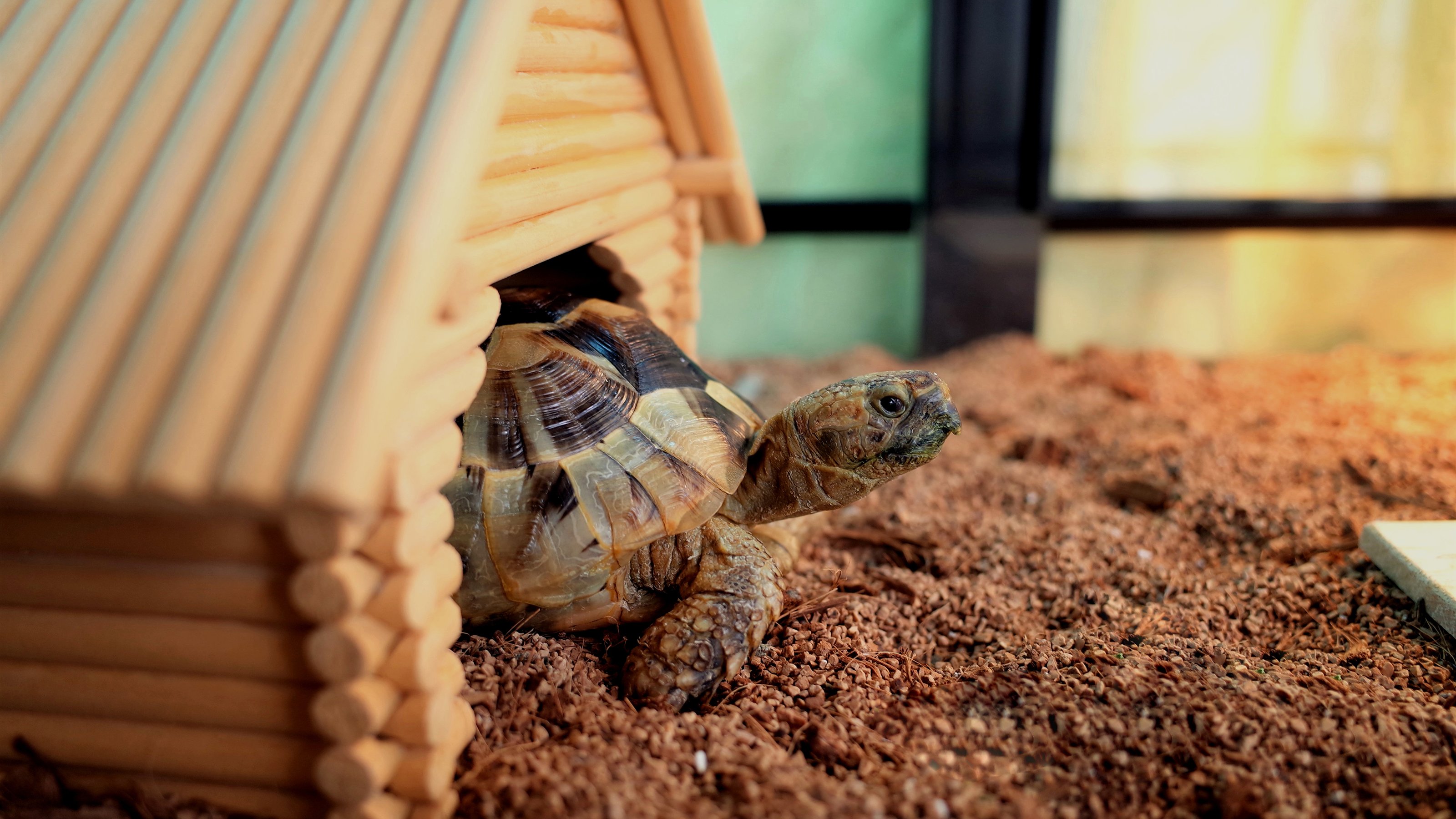
The Best Home For Your Reptile
Everyone needs a comfortable place to live, and your reptile is no exception
If you’re a reptile lover, it will come as no surprise to learn that reptiles typically come from countries with warmer, sunnier climates than we’re used to in the UK. So if you’re looking after one of these fascinating creatures, you need to take care that you’re providing the right environment for it to live healthily. Temperature, lighting and humidity are all important, so read through our advice and find out what you can do to make sure your pet always feels at home.
More about housing your reptile
Every species of reptile has its own ideal temperature range, so place a few thermometers around the vivarium to make sure the environment is right for your pet. Either provide a heat mat below or a lamp above the vivarium, and connect it to a thermostat. Whichever you use, it should be safe for your pet, so make sure the animal can’t come into direct contact with it.
In order to thrive, reptiles need light that mimics natural sunlight, as otherwise they can become deficient in vitamin D3 and not receive all the visual stimulation they need. So use a special reptile light appropriate for your species – with a timer – and make sure the light source’s distance from your pet’s basking spot is correct. All fluorescent lights should be replaced after six months.
In order to thrive, reptiles need light that mimics natural sunlight, as otherwise they can become deficient in vitamin D3 and not receive all the visual stimulation they need. So use a special reptile light appropriate for your species – with a timer – and make sure the light source’s distance from your pet’s basking spot is correct. All fluorescent lights should be replaced after six months.
Vet top tip: Most common snake injuries
Iain Cope, Practice Owner & Veterinary Surgeon at Vets4Pets Newmarket
 BSc(VetSci)Hons BVM&S CertAVP(ZM) MRCVS RCVS recognised Advanced Practitioner in Zoological Medicine
BSc(VetSci)Hons BVM&S CertAVP(ZM) MRCVS RCVS recognised Advanced Practitioner in Zoological Medicine
"Did you know that the most common snake injuries we see in practice are burns, often caused by heat mats? Snakes don’t need a heat mat, red, or blue light but they do need a heat bulb and UV light to ensure they have healthy melatonin levels, a healthy immune system and the correct photoperiod."
